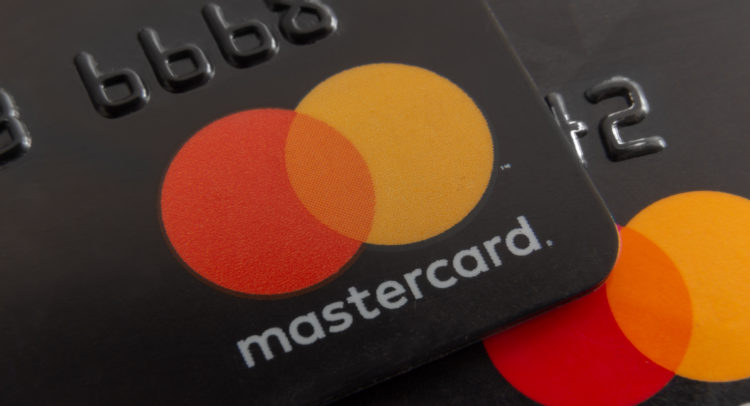Mastercard (MA) has now updated its operating metrics through the week ending August 28, revealing continued modest improvements. Switched transactions increased +5% y/y vs. +3% y/y. That’s thanks to the relaxing of social distancing measures, partially offset by the expiration of US elevated unemployment benefits.
According to MA, most markets are in the Normalization phase domestically. This phase occurs when social distancing and mobility limitations are relaxed and spending begins to gradually recover, says Mastercard, with some sectors recovering faster than others.
“In particular, we are seeing continued improvement in travel and entertainment related categories such as lodging, restaurants, auto rental and gas” says the company, adding that its Switched Volume growth rates excluding travel and entertainment are now similar to pre-pandemic levels.
From a geographic perspective, the US was relatively stable with volume up +5% y/y in the last week of August vs. +5% in the last week of July, while Worldwide (ex-US) was +1% y/y vs. down (3%) y/y previously.
Meanwhile Cross-Border Volumes declined (35%) y/y in the week ending August 28, slightly better than the (40%) y/y reported for the week ending July 21. Management noted improvement in every region, with intra-European travel outpacing other areas.
Card present growth continues to show gradual improvement, particularly in travel and entertainment, says MA, while card not present growth has been comparatively more resilient over the last several months.
However, MA added that online travel related spend, which accounted for roughly a third of card not present cross-border volume in 2019, remains low. (See MA stock analysis on TipRanks)
Shares in Mastercard are currently up 10% year-to-date, and the stock scores a bullish Strong Buy Street consensus. That’s with 18 recent buy ratings vs 5 hold ratings. Meanwhile the average analyst price target of $353 indicates 7% upside potential from current levels.
Following the latest update, RBC Capital’s Daniel Perlin reiterated his MA buy rating with a $372 price target. “Mastercard remains one of our best ideas in the space given our belief that investors should look to focus on long-term, secular-driven stories that provide solid organic growth with opportunities for margin expansion” he commented.

Related News:
Carnival Gains Over 5% As It Resumes Sailings
Goldman Downgrades Wynn Resorts On Challenges At Its Macau Unit
Grubhub-Just Eat Merger Deal Extended By 6 Months
















